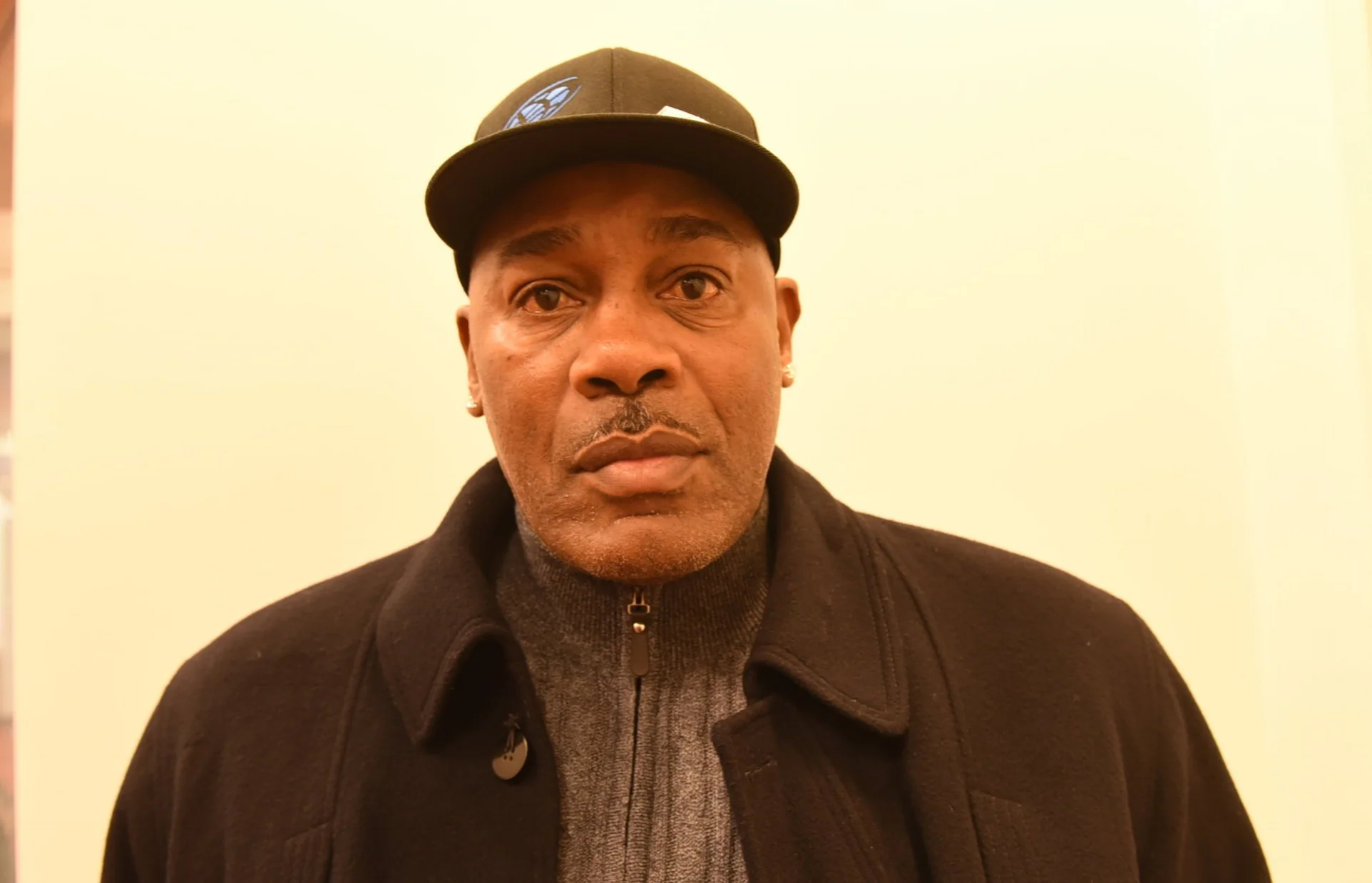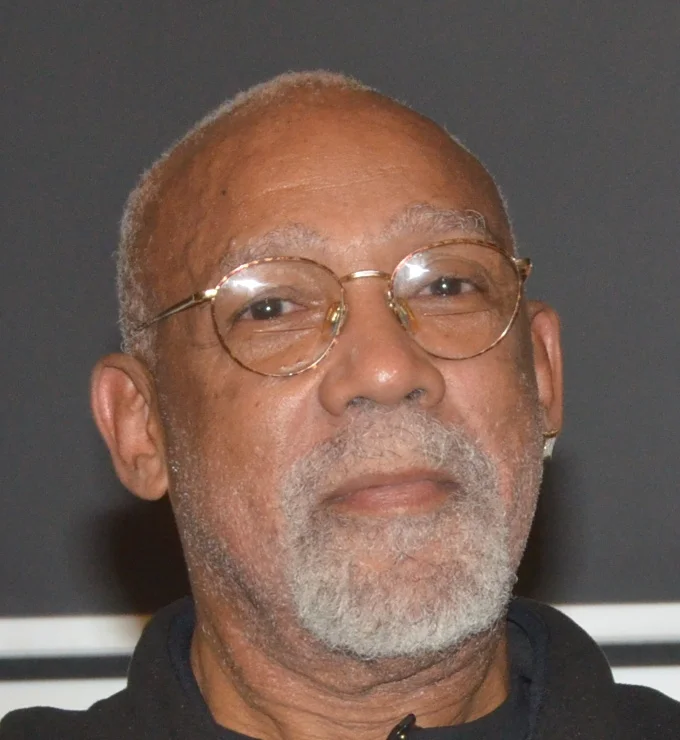Black basketball players find warm welcome in Israel
November 16, 2017
With the dream of making it to the National Basketball Association (NBA) dashed after the Seattle Supersonics cut him in rookie training camp in 1986, Fred Campbell decided he was going to travel the world and play hoops.
He was doing exactly that when his agent suggested that he consider Israel as his next destination.
“I told him he was crazy,” Campbell recounted. “I let him know they are fighting there all the time even though I really didn’t know much about the country.”
Campbell only accepted the offer when the agent said the player could leave after four days if he didn’t like the new environment.
“I said that’s a deal and I went,” he said.
Twenty five years later, Campbell is still in the Middle Eastern country.
He’s among a growing number of African-Americans who have made Israel their home after their basketball careers ended in the world’s only Jewish state.
The unique stories of African-American basketball players who have lived, played and raised families in Israel since the 1970s are captured in a new book, ‘Alley-oop to Aliyah; African-American Hoopsters in the Holy Land’, written by Toronto sports entertainment lawyer and journalist David Goldstein who pursued African-American studies at Northwestern University where he secured his journalism degree and was a freelance writer for Share, Canada’s largest ethnic newspaper.
He examines how they end up in the country, the multitude of distinctive aspects of their lives there, the challenges and difficulties they face and the reasons some choose to return to Israel year after year.
The idea for the book was conceived while he was visiting family members in Israel a decade ago.
“It was May 2007 and I was at my maternal grandparents’ residence which is in a senior’s complex,” Goldstein, the product of an Israeli mother and Canadian father, said. “My grandma had some friends over and when they learnt I was from Toronto, they started to go bananas over Anthony Parker who was with the Toronto Raptors at the time.”
Prior to joining the only NBA team outside the United States, Parker spent five seasons with Maccabi Tel Aviv and wore #18 because it is the symbol associated with life and success in the Jewish faith.
“I was shocked by how much these 80-something-year-old women with Eastern European accents talked about their love and affection for Parker and how closely they followed the sport,” said Goldstein who is an adjunct professor in sports law at the University of Toronto Faculty of Law and guest lecturer at Osgoode Hall Law School. “They talked about him as if they knew him very well. I was blown away as I never would’ve guessed they were sports fans. I’d never have thought they’d be so fanatic and that they’d even know where Parker was playing after leaving Israel. I remember thinking that if these women are this much into it, what’s the rest of the country like?”
Before leaving, Goldstein did some research on basketball on Israel and, more particularly, the contribution of African-American players.
“Once I started digging, I couldn’t stop,” he said.
Back in Toronto and full of excitement, Goldstein tracked down Parker and teammate Maceo Baston who finished his professional career with Bnei HaSharon in 2011. They were also Maccabi Tel Aviv colleagues from 2003-6.
“They were thrilled to talk about their experience,” said Goldstein. “They were very open…More than just about basketball, the book has to do more about their personal lives. It’s about meeting their wives, raising their children and their religion. They were more open than I expected.”
Soon after his arrival in Israel, Campbell went to Tel Aviv’s busiest street – Dizengoff is filled with upscale shops, designer name stores and sidewalk cafes – to get a feel of the city and its people.
“That’s when I fell in love with the country,” said Campbell whose previous stops included Japan, Argentina, Spain and Poland. “Before going there, I had spent just a year in one country. After my first year in Israel, I said this is where I want to be. The people are warm, the weather is nice and you could get anything you want here.”
Campbell, who scored 45 points and grabbed 25 rebounds in his first game in 1992, tied the nuptial knot three years later and converted to Judaism.
“I don’t just live in Israel,” he said. “I speak Hebrew and observe the kosher practices. I am living just like the Israelis.”
Jewish, Druze and Circassian Israeli citizens over 18 are expected to report for duty in Israel’s Defence Force. Men serve for 32 months.
After a month in the Army, Campbell – who was still playing at very high level -- was released by his commanding officer who was a basketball fanatic.
Campbell, who coaches young people and co-owns a business that imports motorbikes -- was in Toronto last week to help Goldstein promote the new book.
“I spoke with Fred quite a lot by phone before we actually met and really got a sense of who he is,” said Goldstein who left his law practice last year as a partner at Cassels, Brock & Blackwell LLP to become the chief operating officer of U Sports, the national governing body of university sports in Canada. “I really liked talking to him and hearing his story. We first met at a coffee shop in Tel Aviv and he brought his son (Toi) who was 12 years at the time. I am honoured that Fred was willing to make his first trip to Canada to do this.”
This year, Campbell and his son made history in the Israeli league when they became the first father and son to play on the same team.
“We are with a third division side and I think he can gain experience from me being on the court with him at the same time,” said Campbell.
The 55-year-old power forward is among more than 30 African-American players Goldstein spoke to while doing research for the book.
He said they all expected to experience the sights, sounds and smell of war in the country when they first went there.
“Israel is a much criticized country and most people see it in the context of war, violence and other negative things” Goldstein said. “When players like Fred choose, out of all the countries in the world, to go to Israel, it’s a big compliment to the Israeli people. When players choose to go back every year, it’s an even bigger compliment. When they choose to stay and become Israelis and deal with everything that’s been an Israeli, it’s the ultimate compliment.
“…Israeli heroes and ambassadors were always military, political or religious figures. These basketball players are now the heroes and ambassadors. They could play anywhere, but it was the ultimate compliment they chose to play in Israel. If you are playing for an Israeli team in Europe, you are carrying the country’s flag and sharing support for the country. For that, they are completely beloved in Israel. I think that’s an amazing phenomenon that’s unknown and I want people to know about it.”
David Goldstein
Based on information gleaned from the Israel Basketball League, Goldstein estimates about 800 Black Americans have played in Israel in the last four decades.
After 15 years in the NBA, Amar’e Stoudemire signed a two-year deal in 2016 with Hapoel Jerusalem which he had a minority ownership stake in. The two seasons guard Will Bynum spent with Maccabi Tel Aviv helped him transition to a successful six-year stint with the Detroit Pistons.
Last August, two-time NBA champion Norris Cole signed on with Maccabi Tel Aviv for the 2017-18 season.
Eastern Commerce Collegiate Institute and St. Bonaventure University graduate Vidal Massiah spent a short time in Israel in 2003 trying out for first division side Hapoel Haifa in the small city of Ramat Hasharon.
To ensure his smooth entry into the country, team owner Mickey Berkowitz – considered Israel’s greatest player ever -- told Massiah to mention his name to custom officers when he arrived.
“So I get there and there’s an American guy ahead of me in customs and I watch and see that they sent him back,” Massiah recalls in the book. “…So now, I am really nervous…So I get up to the counter and the officer asked, ‘Why are you here?’, and I said I’m here to see Mickey Berkowitz. He’s like, ‘Okay, go right ahead’. That’s when I realized basketball had to be pretty big in Israel.”






